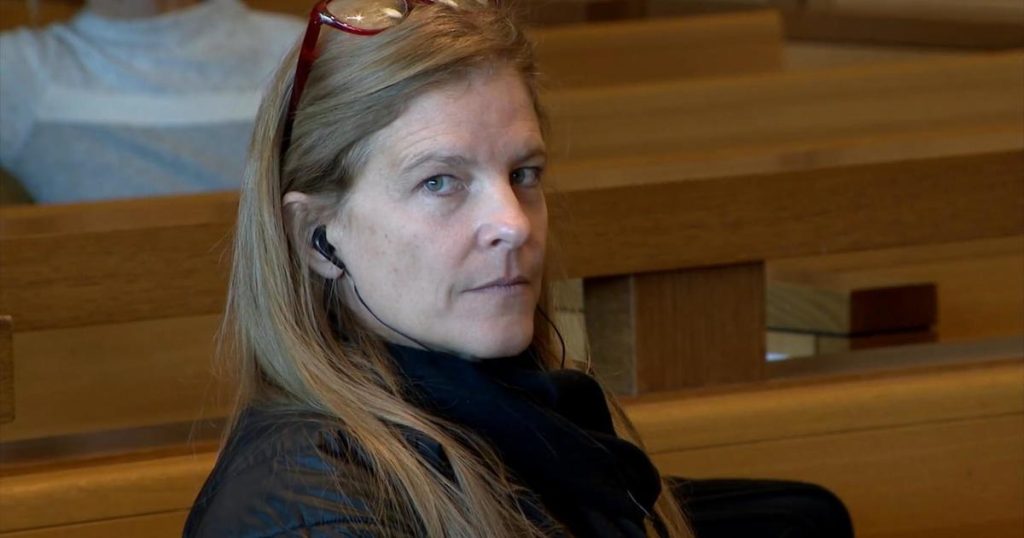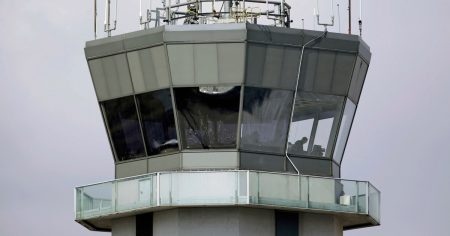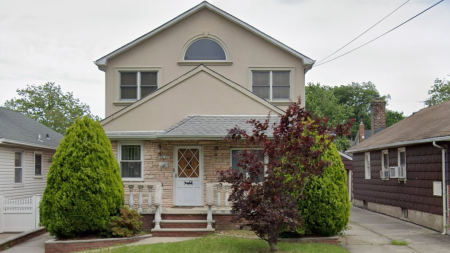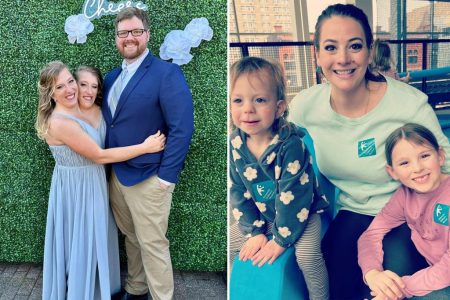On March 1, 2024, Michelle Troconis was convicted of conspiring with her boyfriend, Fotis Dulos, to murder his estranged wife, Jennifer Dulos. Throughout the trial, prosecutors accused Troconis of destroying evidence and helping Dulos create an alibi. Despite this, Troconis’ family maintains her innocence and claims to have innocent explanations for the prosecution’s evidence. In a recent interview with “48 Hours,” Troconis’ sister Claudia Marmol spoke out, insisting that Troconis would never hurt anyone. The case began on May 24, 2019, when Jennifer Dulos disappeared after dropping her children off at school in New Canaan, Connecticut.
Fotis Dulos was the primary suspect in Jennifer Dulos’ disappearance, as investigators learned that he had a motive and a new girlfriend, Michelle Troconis. Despite Fotis Dulos’ refusal to speak with police, Troconis gave three interviews in which she denied knowledge of the crime. However, investigators uncovered incriminating evidence, including Jennifer Dulos’ bloody clothing, zip ties, and cleaning supplies, that were discarded by Fotis Dulos the night his wife went missing. Surveillance footage showed Fotis Dulos and Troconis disposing of these items in trash bins. As a result, Troconis was charged with conspiracy to commit murder, witness tampering, and hindering prosecution, while Fotis Dulos was arrested and charged with murder. Fotis Dulos later died by suicide before standing trial.
During the trial, prosecutors presented evidence that Troconis had helped plan and cover up the crime, including burning evidence in the fireplace and disposing of incriminating items with Fotis Dulos. Troconis’ defense attorney argued that she was unaware of the crime and was simply accompanying Fotis Dulos on a routine errand. Despite this, Troconis was found guilty of conspiracy to commit murder and is facing up to 50 years in prison. Her family continues to advocate for her innocence, believing that she was manipulated by Fotis Dulos and would have cooperated with the police if she had known more about the crime. Meanwhile, Jennifer Dulos remains missing, adding to the pain of her loved ones who long for closure.
After the verdict, Troconis’ family gathered to address the media, with her father, Dr. Carlos Troconis, proclaiming her innocence and vowing to continue proving it. Troconis’ mother and sisters wept as they stood in support of her. Despite the conviction, they maintain that Troconis did not play a role in Jennifer Dulos’ murder and was wrongly implicated in the crime. The case remains unresolved, with Jennifer Dulos still missing and her loved ones grappling with the lack of closure. The search for justice continues as the truth behind the disappearance of Jennifer Dulos remains a mystery, leaving a lasting impact on everyone involved in the case.
















